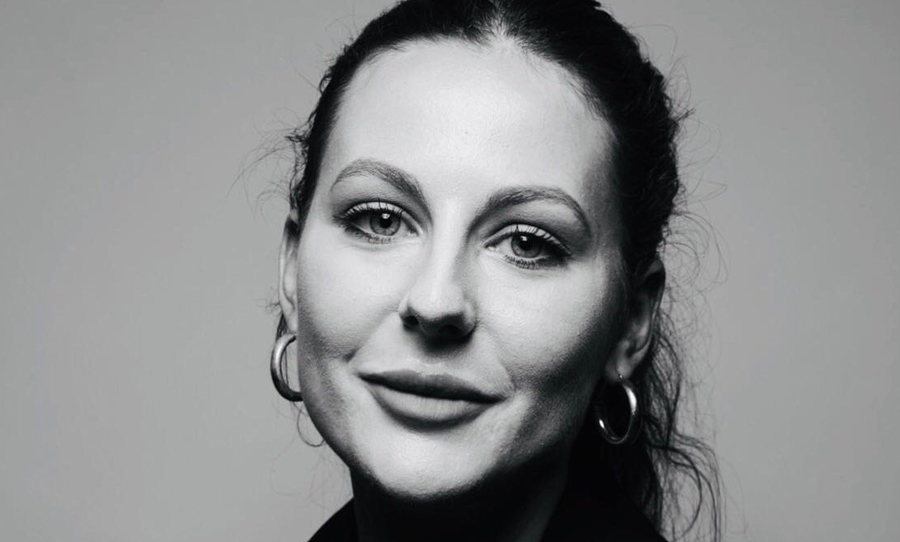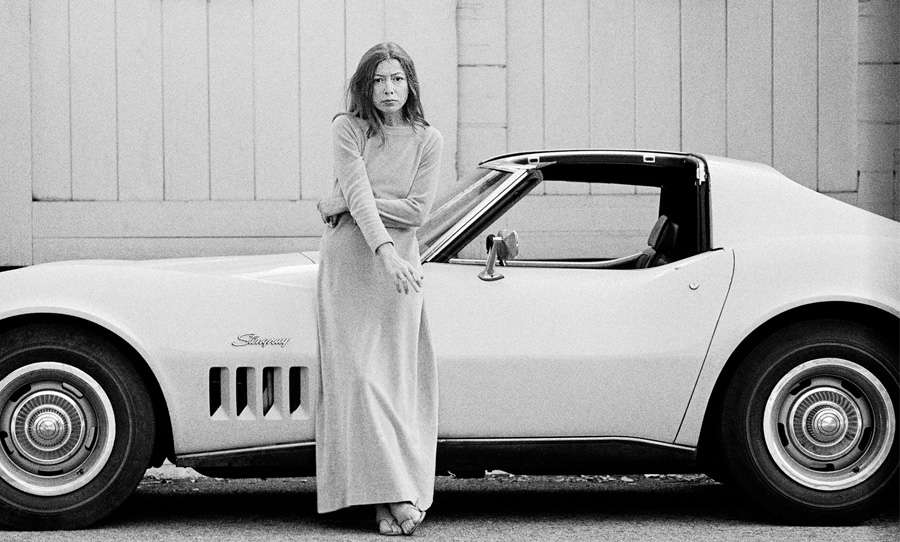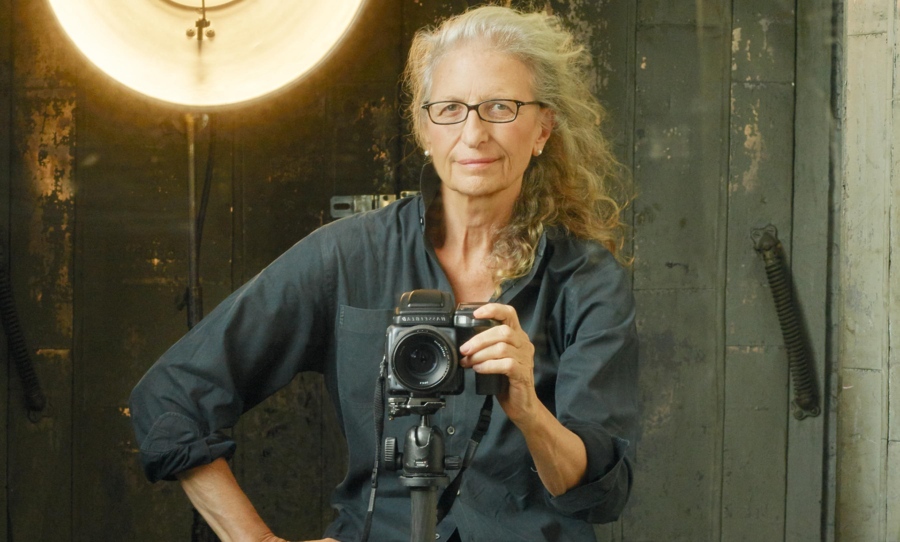Break the Internet interrogates the art of online influence from social, economic, and generational perspectives. The resulting book lends vital context to an unpredictable phenomenon.
Along with the advent of social media has come a divergent cohort of individuals who have harnessed its power to attain influence. In Break the Internet: in Pursuit of Influence (Scribe) Olivia Yallop — who is a digital strategist and tech commentator — has connected the dots for many who wish to understand how individual influencers have collectively made a seismic impact in society and commerce.
Through extensive research and interviews, Yallop sheds light on what it’s like to have a monetisable internet presence — and more importantly — what it takes to maintain it. She goes to school with the next generation of aspiring influencers to learn what it takes to make it. All this is couched within a historical and cultural context, showing readers the very real-world repercussions of online influence. Read on for our conversation.
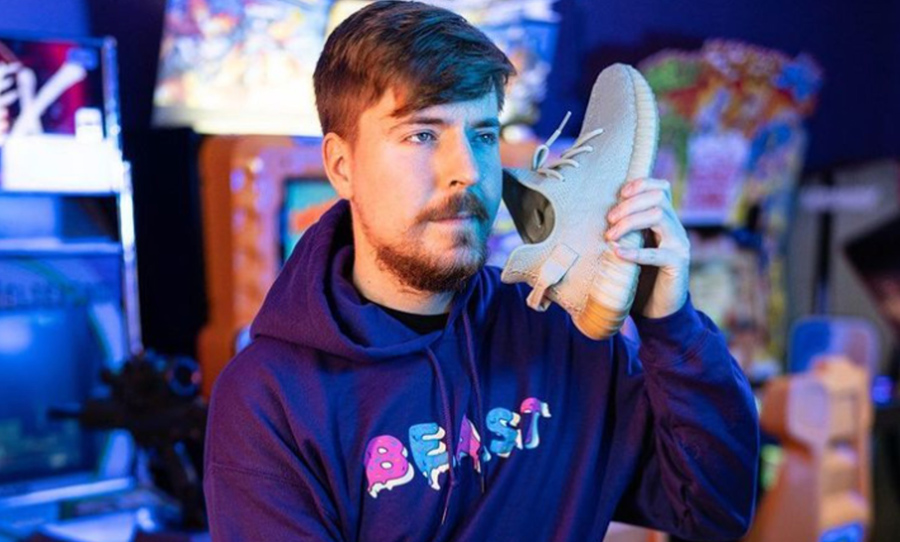
HAPPY: Right at the beginning of the book, you highlight the fact that at the dawn of the internet age, the ‘smart’ way to get involved was to be private. Nowadays, to master the art of influence, it’s all about sharing. Do you think the internet has had a role in changing our personalities over the last couple of decades?
OLIVIA: We live in such a networked era, it’s tricky to attribute cause and effect with the internet. I find myself feeling frustrated when generalisations along the lines of “Instagram has created a generation of narcissists” are made — the reality is a much more nuanced situation, and it’s impossible to make such a blanket statement about all users of the internet.
If “oversharing” has become more common over the last decade, then I think it’s a reflection of evolving public tastes, shifting cultural standards, and new platforms and environments for users to express themselves in, rather than a psychological phenomenon. Capitalist incentives also play a role: once new standards for self-expression online were introduced, users began to adapt their behaviours to meet them as they were encouraged to do so by platforms, and many — including influencers — were financially rewarded for it.
HAPPY: In your line of work, you connect the right influencer to the right brand. But you also point out that there are many hoops for the brands to jump through to resonate with a younger audience: “woke, but not political; aspirational, but still authentic…”. Is that job becoming easier or more difficult with time, as audiences become more discerning with the content they consume?
OLIVIA: I think the answer is probably more difficult — or at least, more demanding — as brands have to adapt their strategies to deal with a consumer base who are savvy to their techniques (and may even use similar techniques for marketing their own personal online presence).
Given that many internet users are now fluent in marketing-speak, there’s been a definite shift from those who need to market themselves by leaning into irony and self-awareness. You see influencers satirising influencing itself, posting silly “outtakes” that make fun of themselves or exaggerated before and afters, deliberately trolling their audience, etc. You also see brands breaking the fourth wall, shitposting or sharing memes, speaking like teenagers in all lower case slang, bantering with each other on Twitter, etc. The influencer economy and social media, in general, is becoming quite a self-reflexive space as it matures.
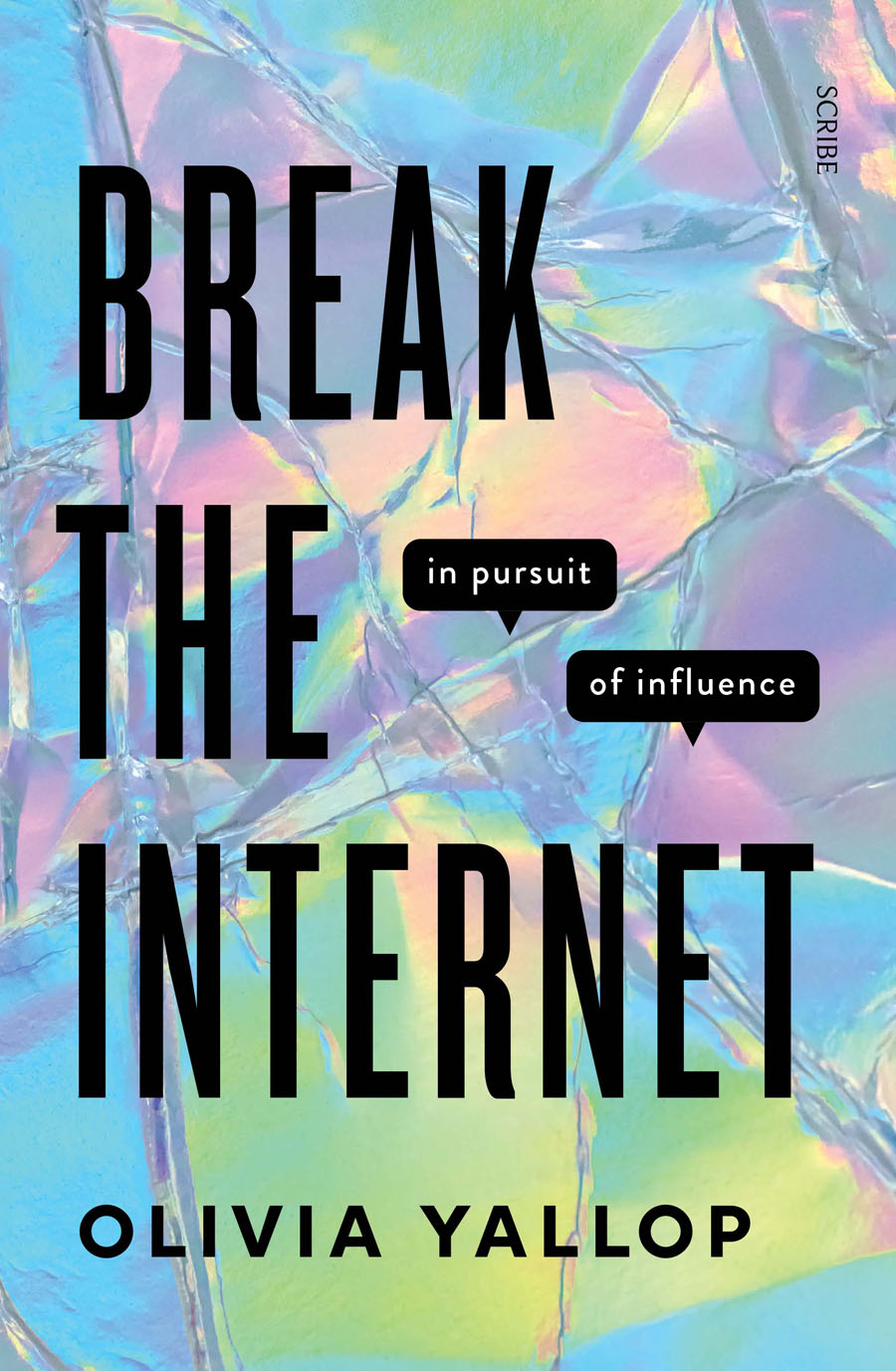
HAPPY: You became “internet famous” as a teen. How did that affect your understanding of influence? It seems exhilarating in the short term, but were there any long term lessons from that experience?
OLIVIA: With a heavy caveat that my time on Tumblr was nothing more than a proto-influencer experiment (!) I’d say that it set me up with an enduring fascination with what it’s like to share yourself online. The ability to create, curate and edit a narrative about yourself using online tools was such a compelling thing, particularly at an age where you’re experimenting with who you are offline at the same time.
I’d also say that in many ways, being on Tumblr in the late ’00s was a great primer for being “online” in general — the same patterns of community forming, in/out-group behaviours, subcultures, scandals, slang can be seen on other platforms such as TikTok today. There’s a dismissive meme that people use to reply to something going viral that says “this happened on Tumblr in like 2010” which I’ve found is generally pretty accurate!
HAPPY: Nowadays, social media and monetisation seem inextricably linked. Do you feel nostalgic for comparatively community-driven platforms like Tumblr?
OLIVIA: I do! My perspective is influenced by nostalgia of course, but the lack of monetisation definitely made for a more niche, lower-stakes, more intimate internet experience. There was a lot of eccentricity on Tumblr that wouldn’t fly in today’s sanitised and branded social landscape simply because it’s not “brand safe” or monetisable.
There’s a philosophical argument that markets corrupt the things within them, and I think this bears out when you look at the attention economy and how platforms have developed in the 2010s. In the book, I speak to “anticapitalist influencers” (there’s a community on YouTube), and they have to walk a fine line with monetisation and paid partnerships. The concept of what a social network might look like without capitalism is an interesting one (to which I don’t have the answer!).
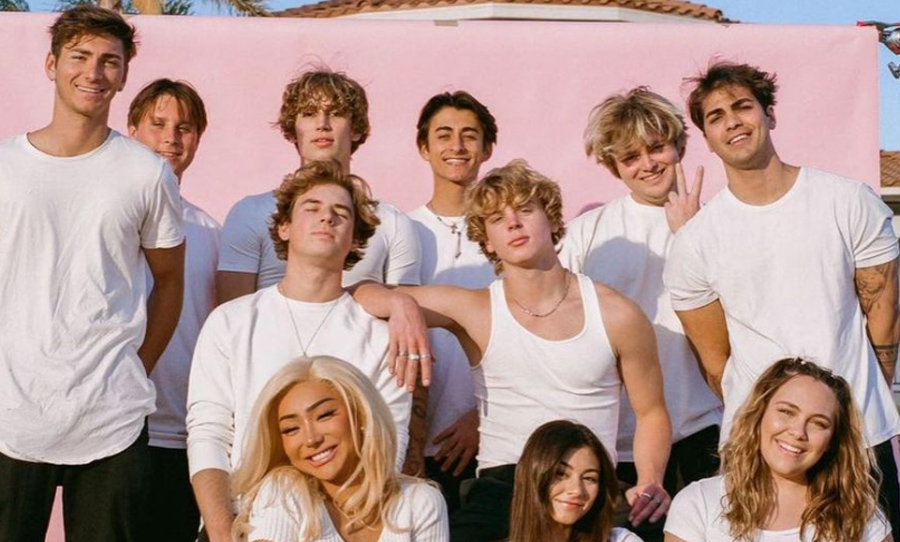
HAPPY: When you go to influencer school, you discover that aspiring YouTubers of the next generation are incredibly savvy about the platform’s requirements and creating content that harnesses the power of the algorithm. What’s your view on the generational divide between native users and users who came of age (myself included!) before social media took hold?
OLIVIA: There is certainly a generational divide in attitudes towards social media. It’s often said that younger people are “better at the internet” but I think there’s a difference between technological fluency and media literacy. The young people on my course may have been clued up on the ins and outs of YouTube algorithm optimisation but they weren’t necessarily that able to distinguish between “fake” and “real” bloopers, for example.
Those who had to learn social media, as opposed to it being something intuitive, can sometimes identify quirks or characteristics that go unnoticed by “digital natives”, and I think there’s power in that.
HAPPY: The trajectory of the influencer economy that you highlight is fascinating: “junklord” YouTubers reaping massive financial rewards (but also saddled with significant outlays), the seismic impact of TikTok, the rise of subscription-based models, and more. Are you able to make any predictions from your research as to where it could be headed? Is the influencer economy sustainable?
OLIVIA: Though there have been many claims — every year since about 2017 — that the influencer market is “over”, “dying” or “dead”, that hasn’t yet proven to be the case. In fact, it just keeps growing and its valuation going up!
I don’t think influencers will go away, but I do think they will evolve from the influencer industry into the creator economy; from a narrowly defined series of thematic lifestyle categories (fitness, fashion, family, food, beauty, travel) into something that’s integrated into every aspect of our everyday lives.
I also see the influencer economy as having developed in three stages: advertising (where influencers flog products for brands), entrepreneurship (where influencers have realised they are the brand/found their own product lines), and finally financialisation which we are beginning to see signs of now: experiments with cryptocurrency and NFTs, ways of converting social currency into financial currency and vice versa. I think this will be a major source of development over the next decade.
HAPPY: The book concludes with a sombre reflection on the disparate echo chambers of social media (which has been exacerbated by the pandemic) that have even spawned civil unrest. Do we need to rethink our relationship with social media and influencers to move forward in a healthier way?
OLIVIA: Our relationship with social media and influencers is constantly in flux, and keeping up with it may be the most straining aspect! I certainly think there’s a reckoning to come with production cycles and the expectation to be “always on” which will only increase with the explosion of livestreaming and the metaverse, in which you never need to sleep, eat, or rest.
In the UK, we are having our first Parliamentary Enquiry into influencer culture, where a committee will examine a broad brush of influencer related issues — I’d love to see governments across the world follow suit.
Break the Internet: in Pursuit of Influence is out now via Scribe.
